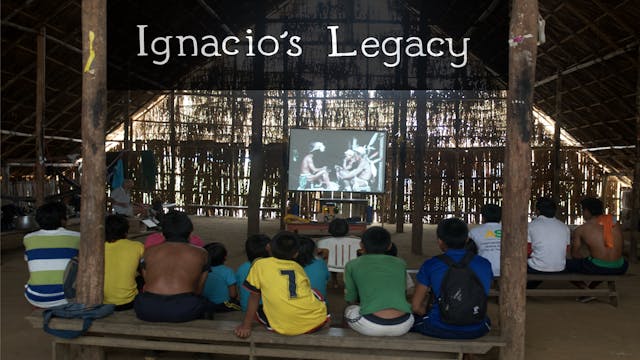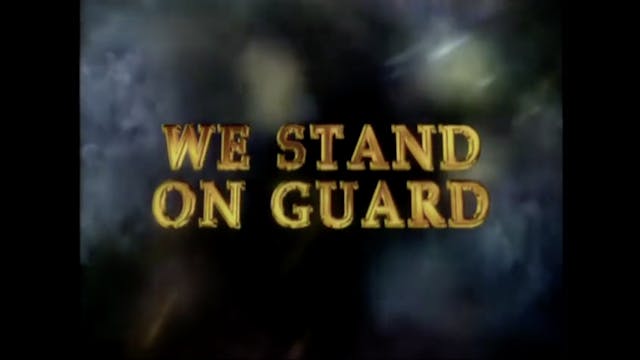Borderscapes
History
•
31m
Borderscapes draws attention to the complexity surrounding migration and the myriad ethical and political issues arising from contemporary border policies. It builds on testimonial narratives, empirical examples, and reflective accounts to unpack the entanglements of surveillance technologies, the externalisation of border control, marchandage politique (political bargaining), and the way Europe’s colonial legacy in Africa continues today through extractive economic practices and the proliferating border and asylum control agreements (e.g. between Spain and Morocco and the recent UK-Rwanda Migration and Economic Development Partnership). The film makes you wonder, how far are developed countries willing to go to fortify their borders and revoke the freedom of movement, while at the same time intensifying their extractive practices to enable and maximise the flow of profit?
Director: Btihaj Ajana
Research: Btihaj Ajana, Audrey Samson, Francisco Gallardo
Narrative: Btihaj Ajana and Tyler Liddle
Production Assistant: Zhennuo Song
Suggested Readings:
https://www.lemonde.fr/en/le-monde-africa/article/2023/02/10/casablanca-the-new-invisible-border-for-migrants-with-their-sights-set-on-europe_6015219_124.html
Ajana, B. (2013) Governing through Biometrics: The Biopolitics of Identity
Demetriou, O. and Dimova, R. (2018) The political materialities of borders: New theoretical directions.
Gazzotti, L. (2021) Immigration Nation: Aid, Control, and Border Politics in Morocco.
Up Next in History
-
Ignacio's Legacy
The British film maker Brian Moser first visited the Piraparaná region and its different communities in 1960 as part of an expedition to record their music and to visually document their lives, resulting in the short film Piraparaná. Over the subsequent 50 years and in collaboration with the ant...
-
The Snipers
The Snipers is a film that uses animation and archival footage to tell the story of Patrick Riel and Phil MacDonald, distinguished members of the 90th Winnipeg Rifles in WWI. It is a story of sacrifice and indigenous participation in the Canadian Expeditionary Force.
-
We Stand on Guard
This TV-hour documentary examines the first 100 years of Canadian military service overseas. It includes never-before-seen archival as well as footage of Canada’s peacekeeping role in Kosovo from 1999 to 2000.
Awards:
Best Director - Mark Terry - Houston International Film Festival
Best Documen...



